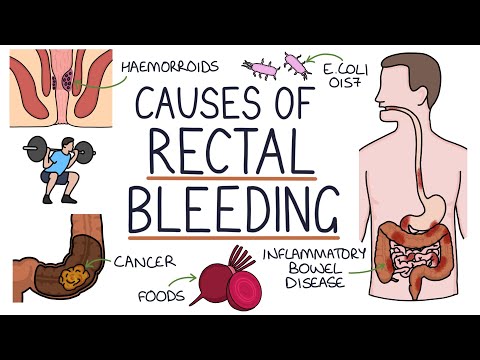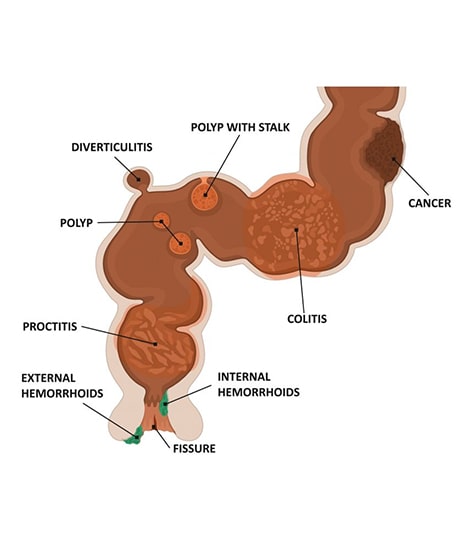
Most people don’t seek medical attention when they are experiencing rectal bleeding, but it is a sign that you should see a doctor right away. If you have severe abdominal pain or cramping, you should visit your doctor as soon as possible. There are many different causes of rectal bleeding, and a medical practitioner can help you find a solution. Listed below are a few common ones. To find out the cause of your rectal bleeding, read the following information carefully.
Upper and lower gastrointestinal tract bleeding is different. The upper GI is characterized by clots originating above the ligament of Treitz, while the lower GI is dominated by pathology. The lower GI tract includes the colon and small intestine beyond the duodenum. The rectum is located above the urethra. In some cases, rectal bleeding is the result of bleeding from the anal canal. There are many other causes of rectal bleeding, including chronic inflammation of the digestive tract. These include Crohn’s disease, which can present with abdominal pain.
If you experience blood in your stool, it is important to see a physician. While most causes of rectal bleeding are not life-threatening, they should be treated as soon as possible. Your healthcare provider will perform a physical examination and order diagnostic tests if needed. You may also be concerned about anemia. If you notice that your rectal bleeding is accompanied by blood in the stool, you should get medical attention.
In some cases, bleeding in the rectal area is the result of a condition affecting the esophagus, stomach, or small intestine. Blood from these areas can mix with stool before it even reaches the anus. If you have maroon or black tarry stools, your doctor may suspect damage to your esophagus. If you notice any of these symptoms, you should be examined by your healthcare provider.
The causes of rectal bleeding can be varied. Some of them are related to the weakening of the blood vessels in the anal area. Some of them can be caused by anal fissures, while others can be caused by hemorrhoids. These types of veins can become irritated or ruptured. These conditions can cause painful bleeding in the rectal area, and if they bleed, they won’t go away on their own.

The most common causes of rectal bleeding are colon cancer and diverticular disease. These conditions affect the large intestine and are characterized by the presence of blood in the stool. In addition to hemorrhoids, anal fissures can be the cause of bleeding. Intestinal infection can also lead to blood in the stool and this can be very painful and uncomfortable. Inflammatory bowel disease is the most common cause of rectal bleeding.
If your rectal bleeding symptoms haven’t improved after a few days, it may be time to see a doctor. The cause of rectal bleeding can range from simple to severe, and the best treatment for a person is based on symptoms and medical history. If your blood is red or wine-colored, it is likely that you have a serious bowel disorder. While some types of intestinal bleeding are more common than others, they can cause a wide variety of symptoms.
The most common causes of rectal bleeding are hemorrhoids and anal fissures. If the symptoms recur, you should consult a doctor and get additional treatment advice on the site https://handaldok.com. The best way to treat rectal bleeding is to get a medical examination as soon as possible. Your health care provider will be able to determine the cause with a series of tests, including a physical exam and a urine test.
If you have had rectal bleeding, you may have an infection. While most causes are not life-threatening, you should see your doctor as soon as possible. During your visit, your health care provider will look for other underlying medical problems that may be causing rectal bleeding. The patient’s symptoms and medical history will help them determine if there is a more serious cause. If the blood is bright red, it is a sign of a bacterial infection.
Symptoms of rectal bleeding can be severe and require medical attention. If you are bleeding, you may feel pain or blood clots in your colon. In more serious cases, you may need hemostatic resuscitation and IV fluids. A CT scan can diagnose bowel cancer or diverticulitis. In more severe cases, angiography will evaluate active areas of rapid or slow bleeding.